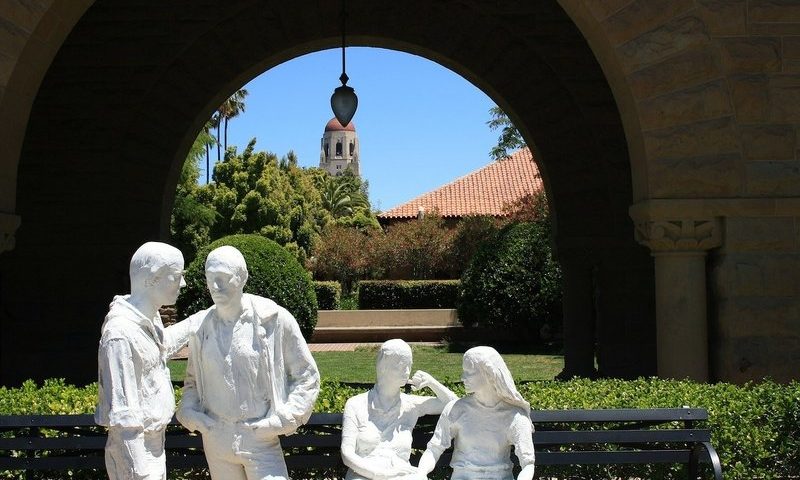Drugs often take more than a decade to move through the pipeline, and Sanofi is kicking off the process anew in immunology through a scientific exchange partnership with Stanford Medical.
“The journey of a drug is typically over 10 to 12 years. It’s a very long journey,” Frank Nestle, Sanofi’s global head of research and Chief Scientific Officer, said in an interview.
The pharmaceutical industry knows how to make a molecule, but research such as Sanofi’s new collab with Stanford is crucial to understanding disease pathology before that trek can start. Sanofi will provide funding to Stanford for the discovery of up to three programs and host an annual research forum to examine the underlying causes of autoimmune diseases and inflammatory conditions.
The research pact is one part of Sanofi’s pivot away from the diabetes and cardiovascular disease areas and toward immunology. The French pharmaceutical giant already has the blockbuster drug Dupixent, a result of its partnership with Regeneron, and a “fruitful” pipeline of what Nestle hopes will be the next generation of immunology treatments.
The three “deep dives” will study type 2 inflammation, type 1 diabetes and immune-related adverse events from cancer. All the programs will compliment Sanofi’s portfolio. The type 2 inflammation dive will fill in any treatment gaps left by Dupixent, although Nestle said Sanofi is pursuing a further eight indications for that mega-blockbuster, which brought in €3.5 billion ($4.2 billion) globally in 2020.
Sanofi likes to balance drug development with two thirds done in house and one third through external collaboration, which connects the company with the brightest science outside its doors, Nestle said.
“We strongly believe that reinvesting in science and doing that very basic science is going to show us the next targets,” he added.
Nestle, who was brought on in 2016 as the founding member of Sanofi’s immunology program, knows full well that the market is crowded—see Pfizer’s Dupixent rival abrocitinib, Eli Lilly’s Olumiant and AbbVie’s Rinvoq. But that’s simply because science has advanced allowing for closer examination of immune targets that could lead to the next big medicine.
Sanofi wants to focus the Stanford research on unmet needs, or in patching treatments that perhaps have too many side effects.
For the cancer research, Nestle said the collaboration will try to uncover a biomarker that could flag which patients might be more at risk for pneumonitis, which is inflammation of the lungs that can occur when the immune system is kicked into overdrive by medicines meant to fight cancer. The research will try to detect “the molecular warning signals for pneumonitis early on before it tries to destroy your lung.” This could lead to somewhat of an add-on therapy for cancer patients who are taking any number of the cutting-edge cancer therapies out there.
Now, Sanofi may have gotten out of the type 2 diabetes research game but Nestle said the new collaboration will include an exploration of the underlying cause of type 1 diabetes, which is an autoimmune disease. The ultimate goal would be to intervene in pre-diabetic patients before the disease harms the pancreas. Sanofi and Stanford will try to figure out how and why T cells destroy the crucial islet cells in the pancreas, which hampers the body’s ability to regulate blood sugar.

